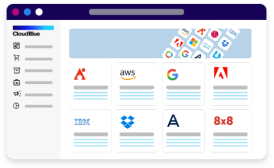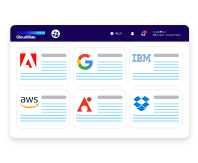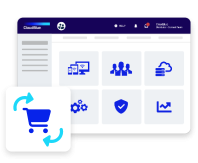Data management as a service is a cloud-based solution that offers businesses a centralized way to manage, analyze, and store their data.
By leveraging DMaaS, companies can access comprehensive tools for managing data without the need to invest in expensive on-premise infrastructure or a dedicated data center.
This service provides scalability, accessibility, and seamless integration with other SaaS platforms, making it especially valuable for B2B organizations looking to streamline their data operations.
Key Benefits of DMaaS
One of the main benefits of data management as a service is its ability to eliminate the complexities of traditional data storage and analysis.
With DMaaS, businesses can scale their data storage needs up or down, depending on their requirements, avoiding the high costs of maintaining physical infrastructure. It also enhances data analytics capabilities by integrating powerful tools that deliver real-time insights, enabling smarter decision-making.
Security is another crucial benefit, as many DMaaS providers ensure compliance with strict data protection standards. Additionally, businesses gain access to robust backup and recovery solutions, ensuring data is safe and accessible even in the event of unexpected disruptions.
How DMaaS Supports Modern Businesses
For B2B enterprises, DMaaS offers tailored solutions to meet diverse data management needs. These services integrate seamlessly with other SaaS platforms, creating an ecosystem where data flows efficiently between tools.
The cloud-based nature of DMaaS ensures that companies can access their data anytime, anywhere, which is especially vital for businesses operating across multiple locations or with remote teams. The ability to leverage analytics features also gives companies a competitive edge by uncovering trends and opportunities within their data.
In today’s data-driven world, DMaaS empowers organizations to focus on growth and innovation rather than worrying about the complexities of data storage and management.













